Use this set of two worksheets to help your students record their own scientific observations during science experiments and projects.
🔬 Nurturing Young Scientists’ Observation Skills
Instilling the practice of observation and recording is paramount in shaping young minds into budding scientists. There are several reasons why these skills are fundamental and how engaging worksheets like these ones can seamlessly integrate into your primary school classroom. Here are some reasons observation skills are important for children:
- Scientific Inquiry Foundation: Teaching primary students to observe cultivates a foundational understanding of scientific inquiry. It empowers them to explore the world around them, fostering a natural curiosity for how things work.
- Enhanced Critical Thinking: Observation prompts students to think critically. It encourages them to question, analyse, and draw conclusions based on evidence, laying the groundwork for lifelong learning.
- Effective Communication Skills: Recording findings through words or pictures develops effective communication skills. Students learn to articulate their thoughts and discoveries, a skill that transcends the science classroom into various aspects of their academic and personal lives.
Utilising These Scientific Observation Worksheets for Effective Learning:
These worksheets offer a structured framework for students to document their observations. The “Before” and “After” columns prompt them to record their initial perceptions and compare them with the outcomes after investigation, fostering a systematic approach to learning. The instructions encourage students to use all their senses – see, feel, smell, and hear – during investigations. This multisensory engagement deepens their connection to the subject matter, making the learning experience more vivid and memorable.
Differentiation Tips for These Science Worksheets
Being open-ended, these worksheets can be adapted to various learning styles and preferences. Whether students prefer expressing themselves through words or pictures, the flexibility of the worksheet prompts accommodates diverse preferences, ensuring inclusivity in the learning process.
The structured format guides them through the scientific process, fostering a sense of organisation and clarity in their learning journey.
Super Science Experiments to Use With These Observation Worksheets
Looking for some engaging and fun science experiments your students can participate in, before recording their observations? Here are a few from our collection:
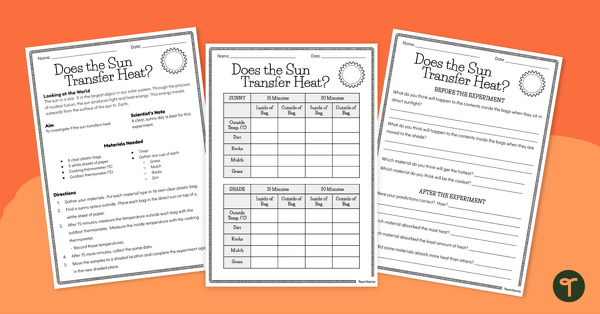
teaching resource
Does the Sun Transfer Heat? – Science Experiment
Discover how the sun transfers thermal energy and which objects absorb more heat with this science experiment for kids.
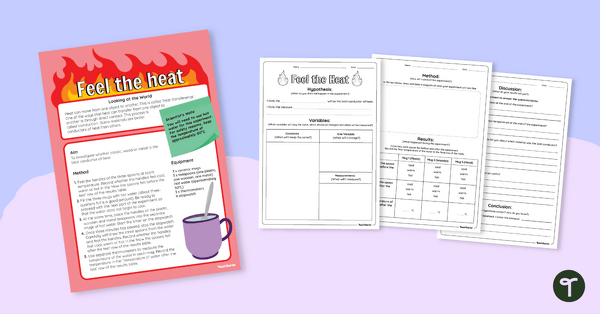
teaching resource
Heat Conductors Science Experiment (Feel the Heat)
Investigate heat conductors with your students using this engaging science experiment.
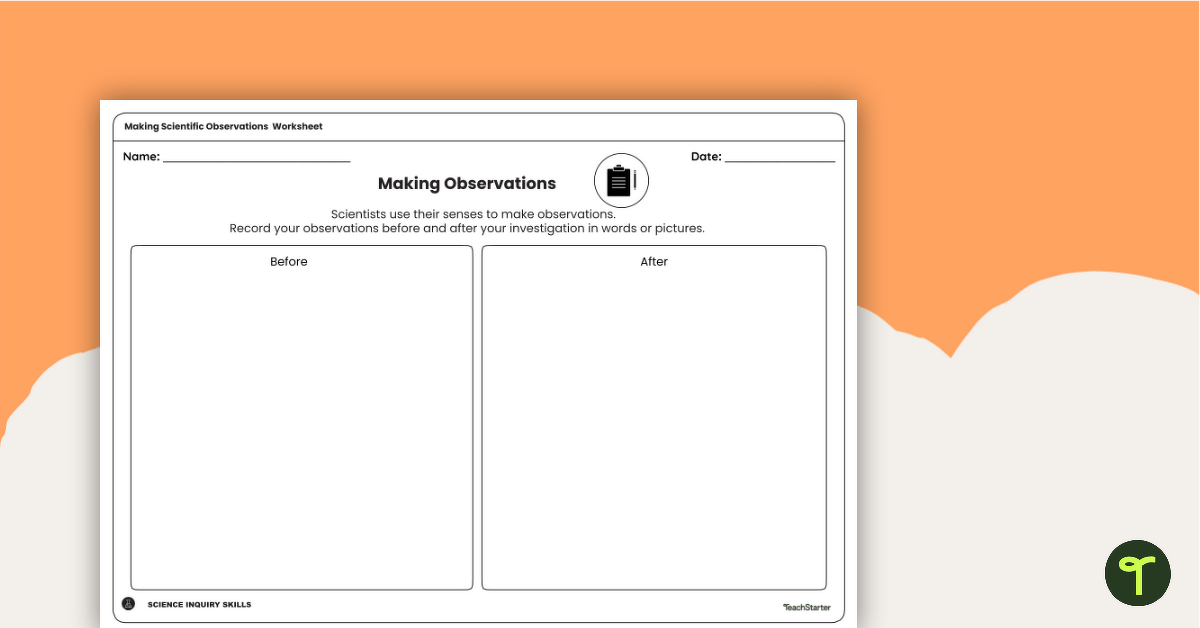

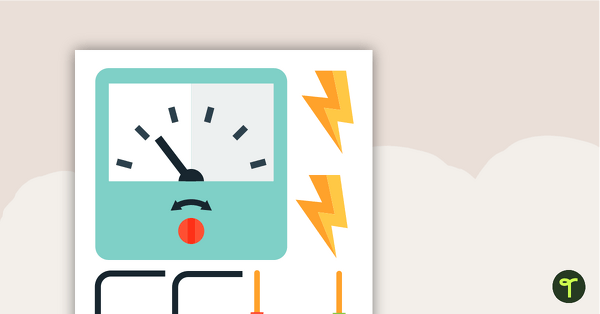
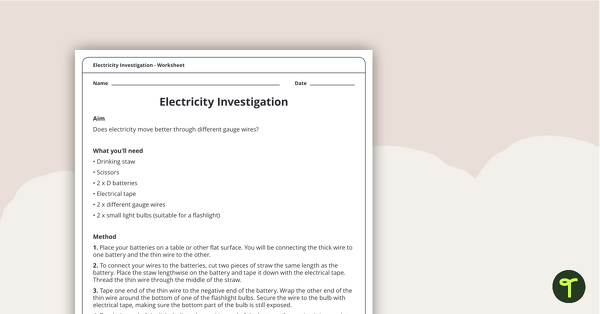
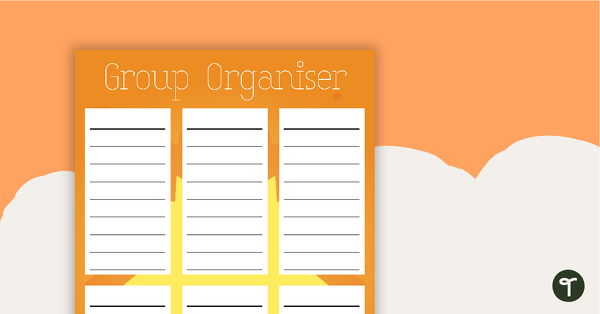
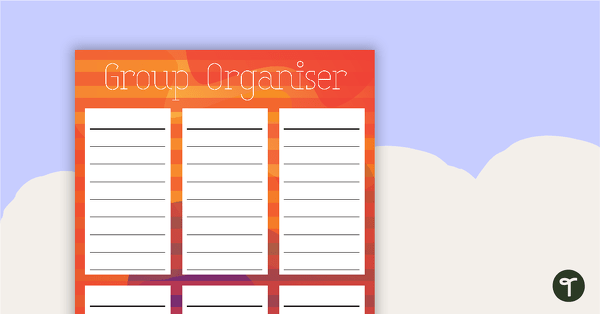
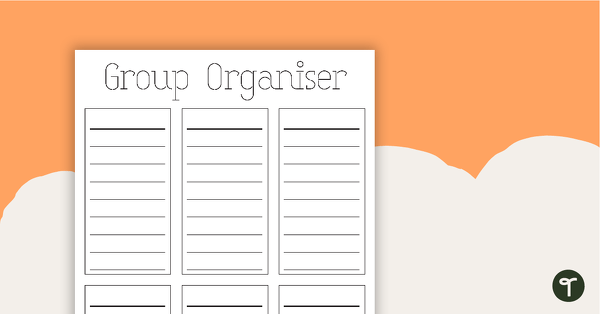
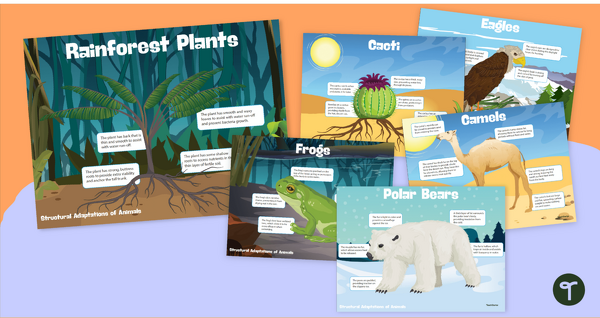

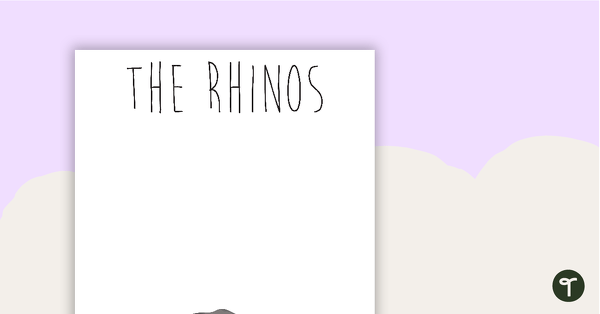
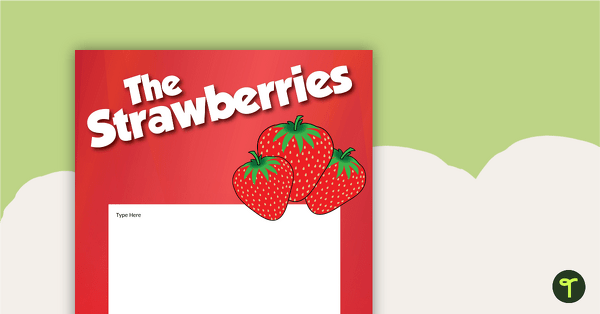
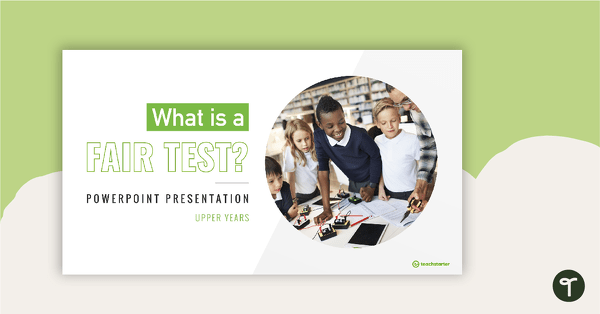
0 Comments
Write a review to help other teachers and parents like yourself. If you'd like to request a change to this resource, or report an error, select the corresponding tab above.